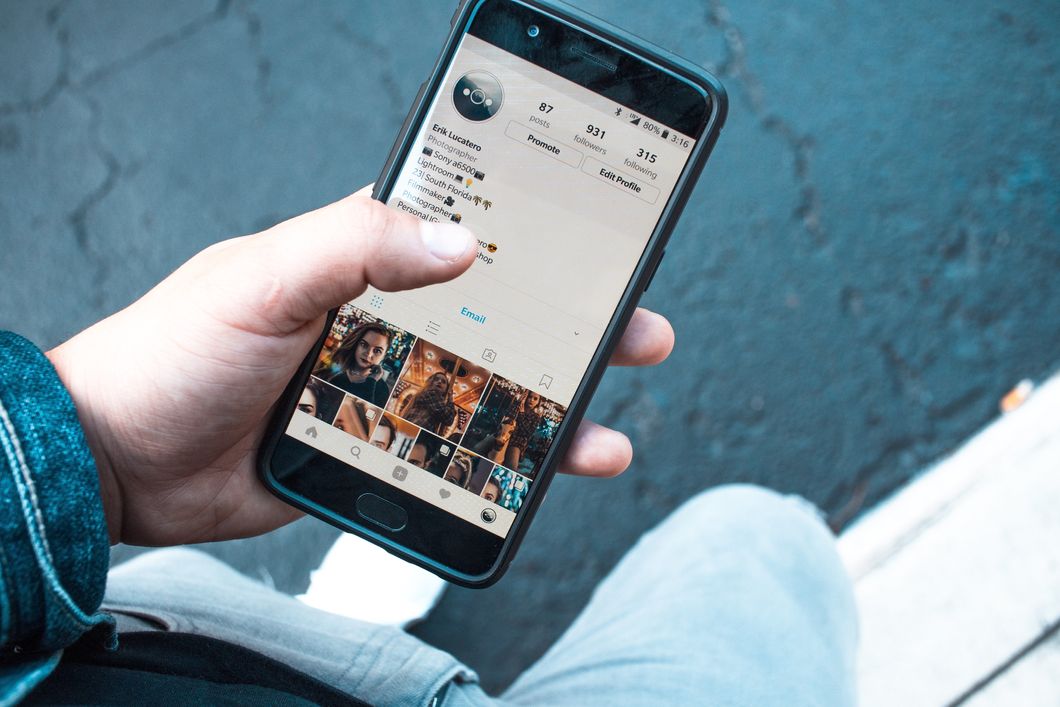The current freshman class of Congress is strikingly young, which makes them far more adept at using social media to their advantage. The effects of this are incredible. Americans until now have been able to get a look into the lives of CEOs, actors, but never lawmakers and government officials who should be the most accessible to us.
The most notable personal Insta accounts are those of AOC and Ilhan Omar. Additional Congress-people like Ayanna Pressley and Lauren Underwood have accounts that are thriving. These personal accounts show more content regarding their everyday proceedings in DC and therefore demystifies the work of government officials. What makes these personal accounts so different from government-official ones are that they demonstrate how well young congress-people communicate to the public without feeling forced to appear anything other than they are. Their accounts are not only platforms for political views, but also their feelings towards their work as human beings. Personal accounts do what most Insta celebrity accounts do. They make us feel as though we are part of their story while seeing similarities between ourselves and them.
What makes the freshman class so successful at this is not just the fact that they are young and tech-savvy. They are used to sharing ordinary snippets of their lives, which we actually find interesting. For example, if you look at Elizabeth Warren's personal account it is far more promotion-oriented than AOC's who includes slightly more posts and stories of her with fellow congress-people, her family, grocery shopping, and even gardening. The freshman class wants to share these parts of themselves, not just because it's good for them... and the difference shows.
Government using platforms to reach the people is nothing new. However, individual accounts allow the public to gain interest in politics, especially during a time when most of us are sick of hearing about it. By the government becoming more accessible, the average citizen is gradually more aware of interactions between officials and the events without biased media. In a democracy, social media is being used to inform the public of just who they are voted for, by those people themselves. In a nation that still has an electoral college, this is pretty revolutionary.









































